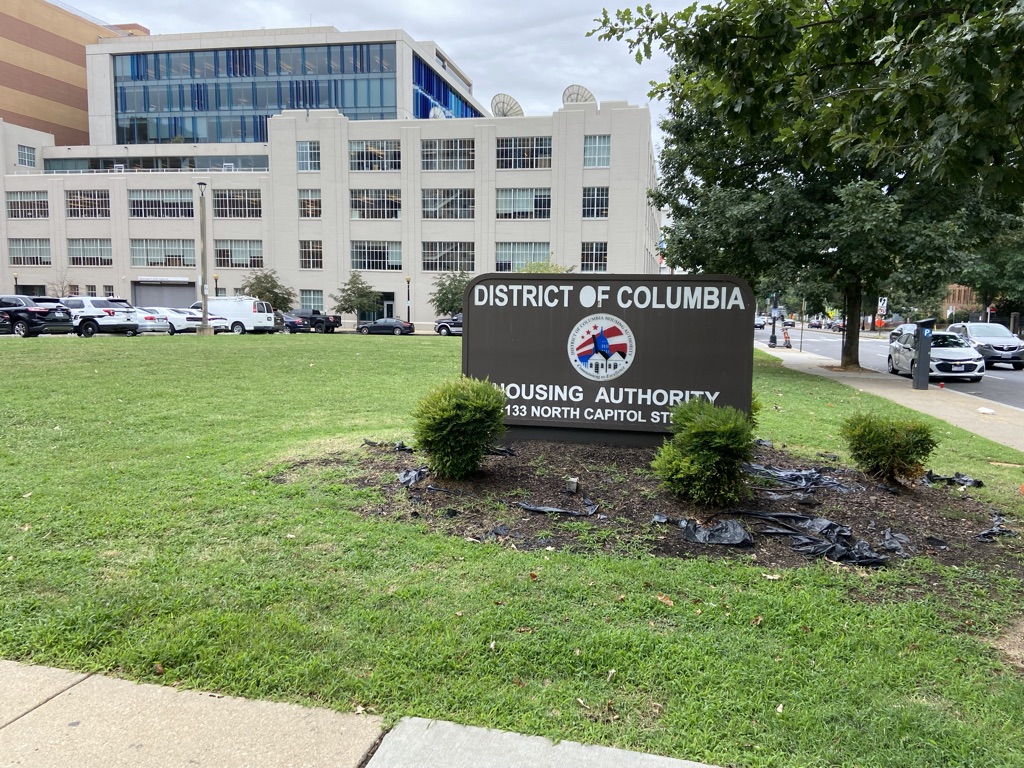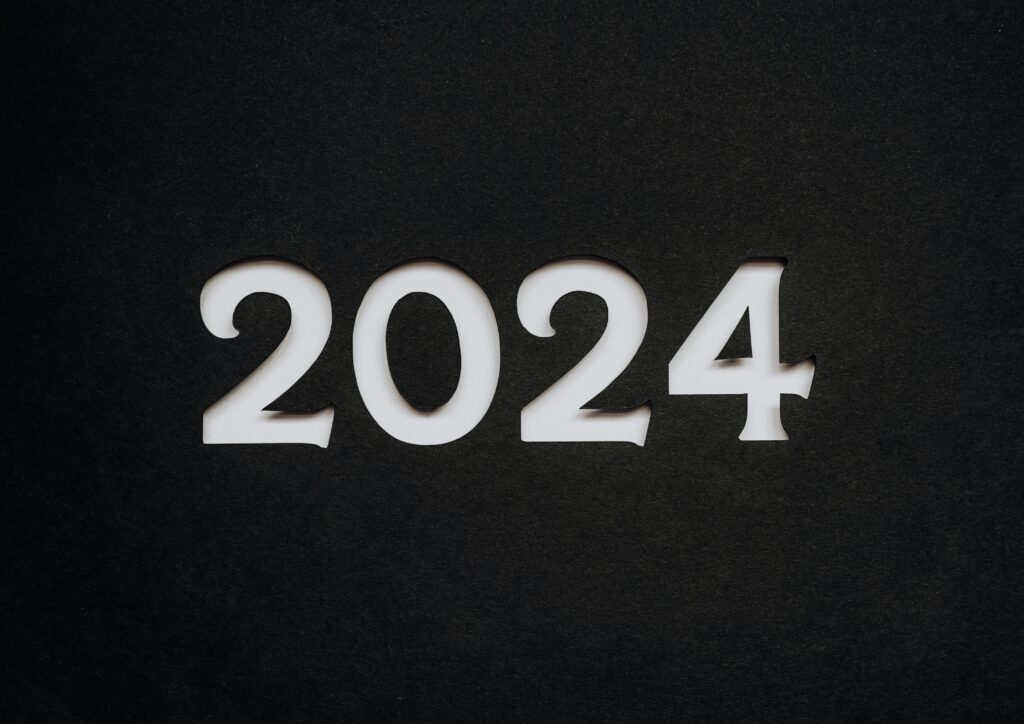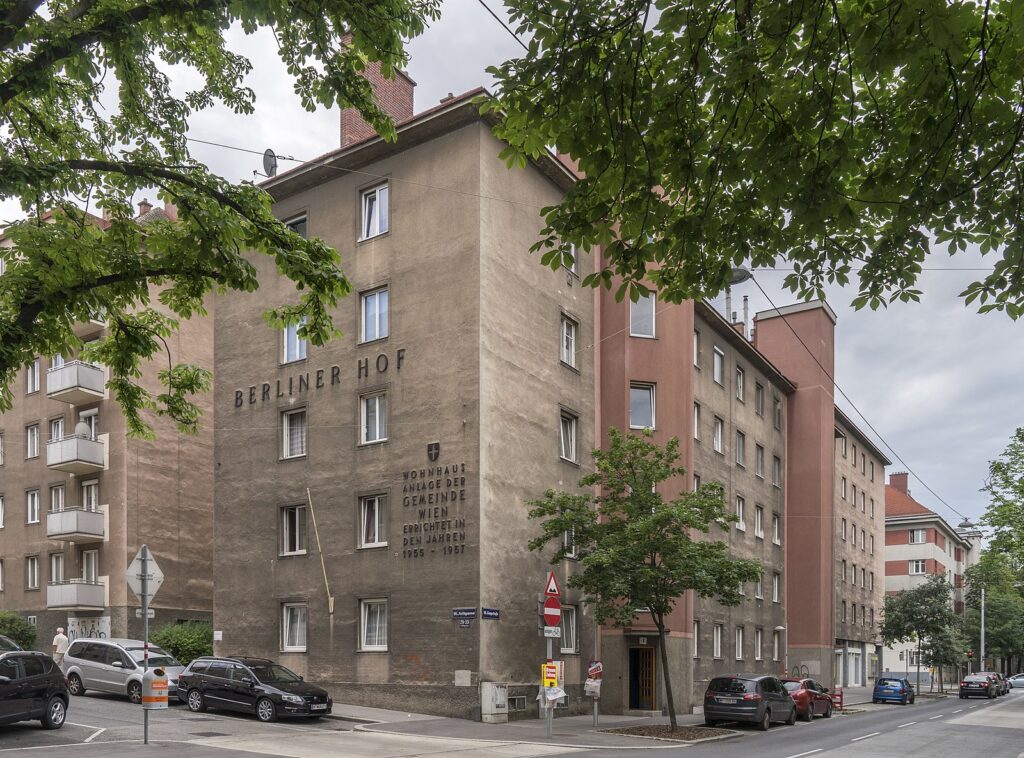D.C. Congressional Representative Eleanor Holmes Norton (D-DC) reintroduced a bill to allow people who use marijuana to live in federally subsidized low-income housing on Jan. 25.
Currently, people who use drugs that are illegal at the federal level — including marijuana — are ineligible for public housing and government-assisted housing. Landlords have the right to evict anyone found to be using marijuana, even if it is for medical purposes, and even if the head of household wasn’t using the drug.
“If a public housing resident’s child gets caught with a joint and they’re named on the lease but they’re not the head of household, the head of household risks eviction because they’re the responsible party,” said Daniel del Pielago, the housing director at Empower DC, an advocacy organization for low-income D.C. residents.
“This causes a lot of stress for people who are already living in poor living conditions and worried about potential eviction,” he added.
If passed, this bill would change that. It would prohibit landlords from evicting residents from federally assisted housing, including both public housing and voucher-supported housing, because of marijuana use, regardless of whether the use of marijuana takes place on or off the premises. This new rule would only apply in states and territories where marijuana use is legal, including D.C.
Norton originally introduced the “Marijuana in Federally Assisted Housing Parity Act” in 2018. It was reintroduced again in 2019 and 2021. Norton is now reintroducing it once again and it’s co-sponsored by Cory Booker (D-NJ).
Norton’s office did not provide a comment in time for publication.
Marijuana is currently legal in 38 states, but it is still illegal to use or possess on the federal level. In other words, most states have made marijuana legal, but the federal government maintains a ban on the drug. In states where it is legal, however, federal officers generally do not enforce marijuana laws unless there is an additional reason to, like if it is being sold to minors or transported across state lines.
Despite federal marijuana law, legalization of the drug is popular: 70% of Americans support legalizing recreational use, and more than 90% support medical legalization. Medical marijuana was legalized in D.C. in 2010, and recreational use was legalized in 2015.
All forms of public housing in the United States have had no-smoking policies since 2017, according to a D.C. Housing Authority spokesperson. People who smoke tobacco are still permitted to live in public housing, however, as long as they do not smoke inside or within 25 feet of public housing facilities.
If this bill is passed, a similar rule would apply to marijuana smoking. It would be legal to live in a public housing unit as a marijuana smoker, so long as the resident smokes somewhere else.
If passed, the bill would ease just one of many restrictions affecting current and prospective public housing tenants in D.C. As of publication, those restrictions include a ban on new pets and community service requirements, according to del Pielago.
“Public housing residents are District residents,” del Pielago said. “Not everyone plans on all of a sudden smoking marijuana, but they do want to enjoy in full the rights that other District residents have.”







